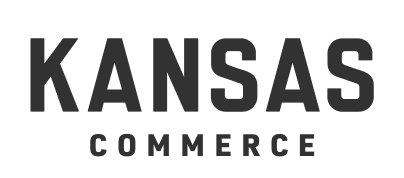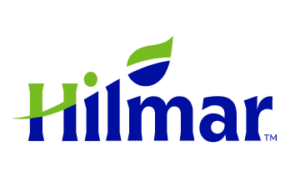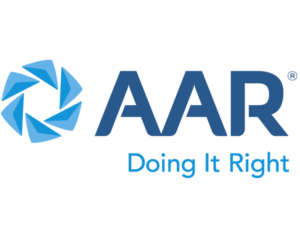How to Apply
The FRAME program will provide funding to colleges to build homes, foster collaboration with local high school aged people and ensure the sustainability of these programs for future generations. Grants range from $250,000-$1,000,000 per institution, with a total of $2,000,000 available. The salaries and benefits required to conduct a successful program will be considered in-kind matching funds.






